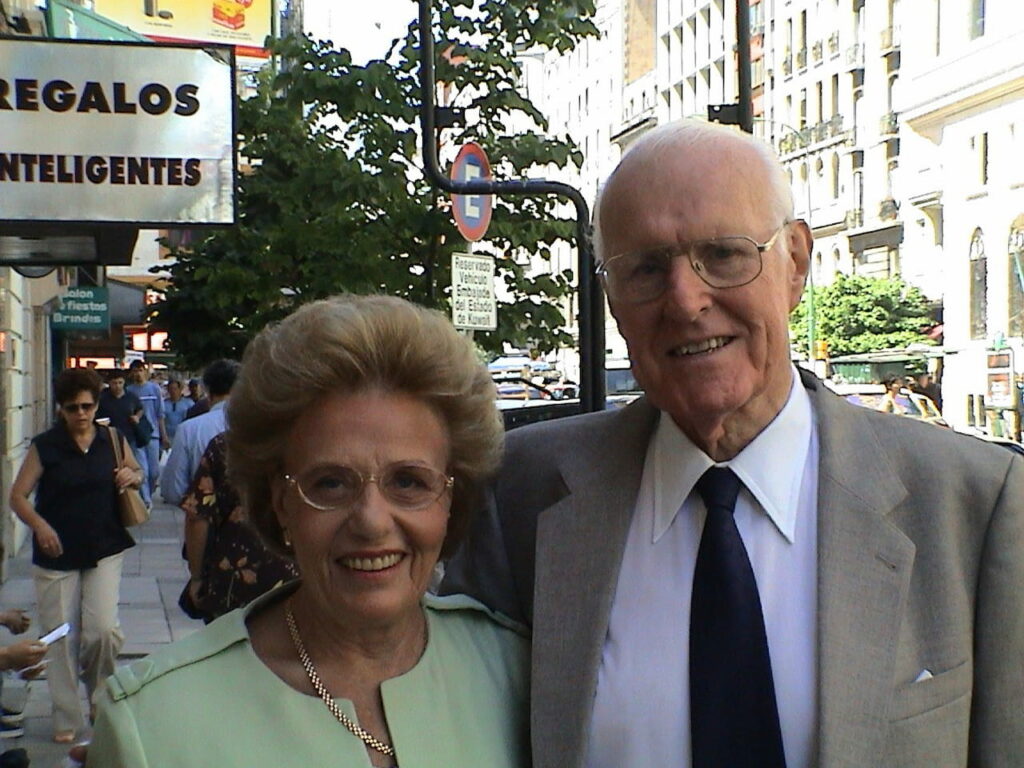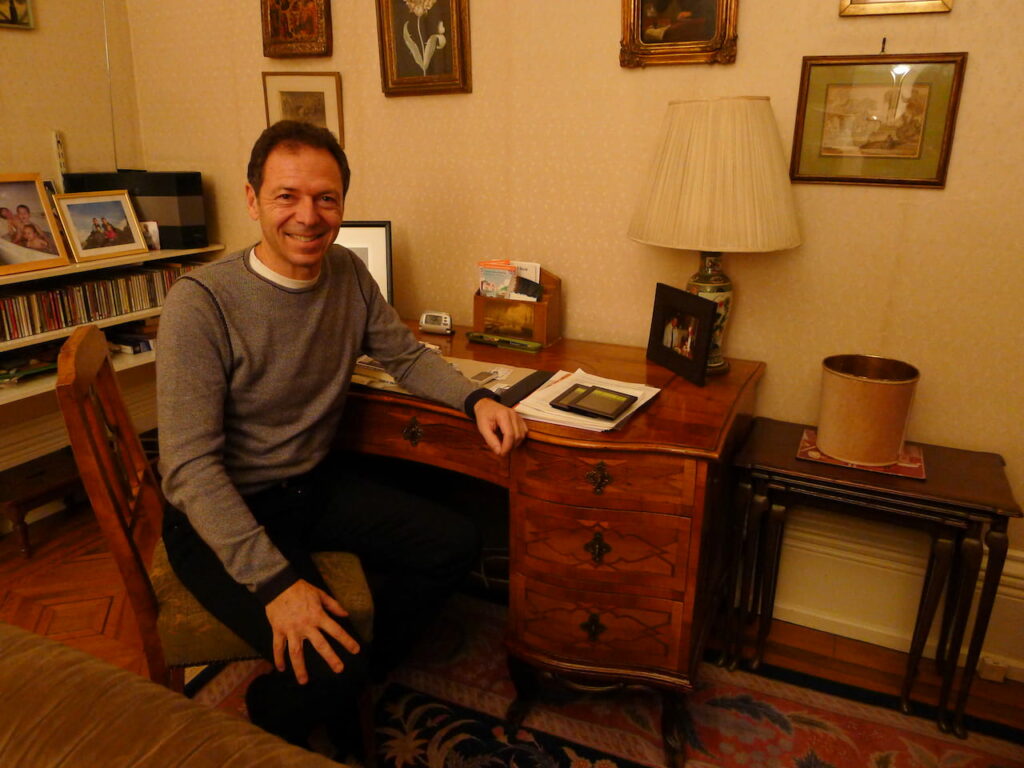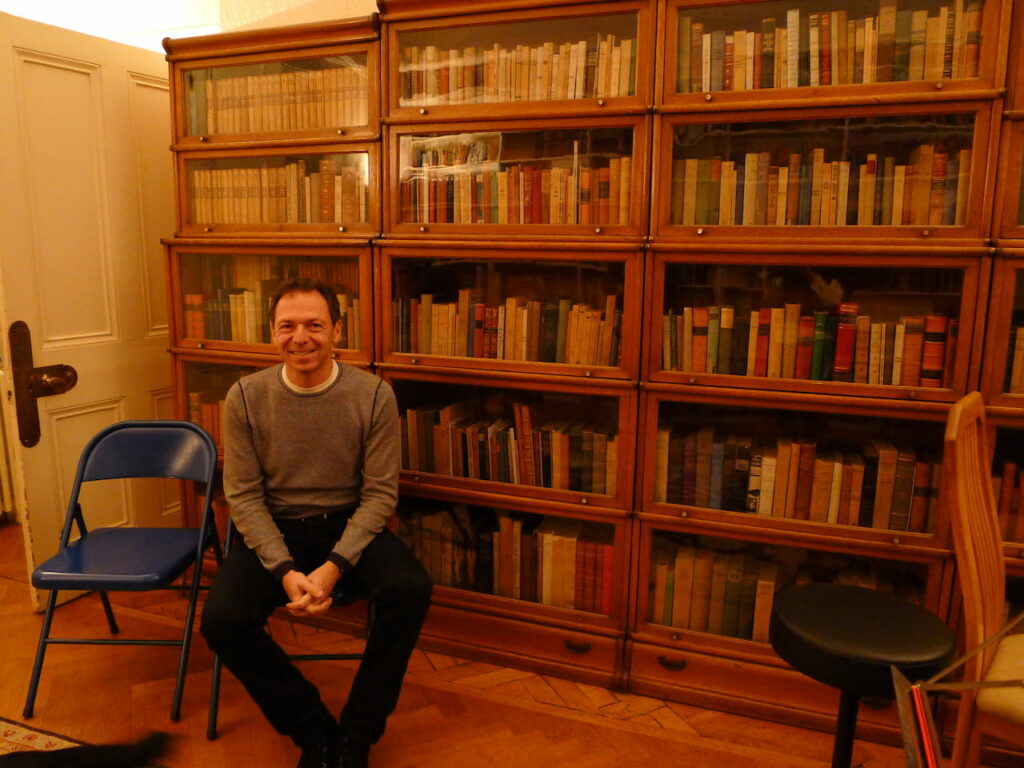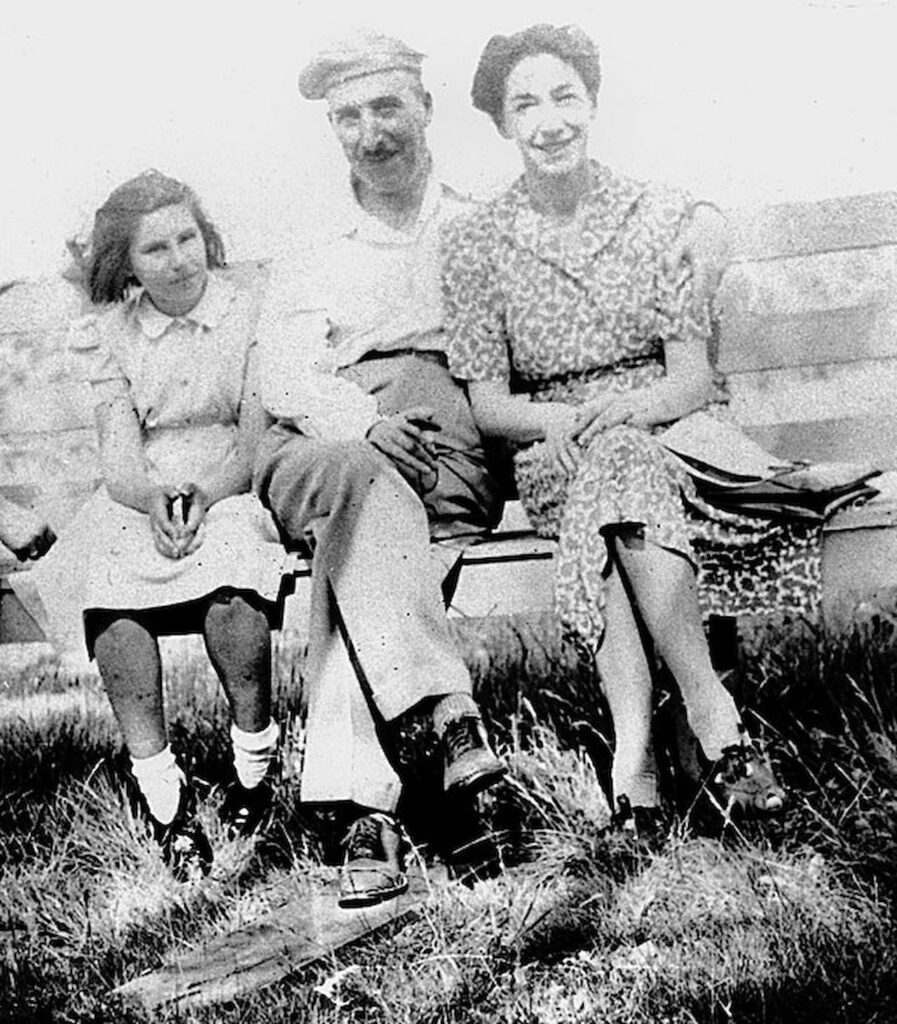The time for calm came unexpectedly at the end of 2012. In early December, we went to see Dr. Benusiglio for our annual checkup. He asked how I felt and I said ‘good’. ‘Anything changed since last year?’ ‘No, not really, except that I’ve almost completely stopped running.’ ‘Really?’ he said. ‘Yes, I only run two to three times per month now.’ ‘Aha, and anything else?’ ‘Yes,’ I said, ‘I’m sleeping longer, often 9 or ten hours per night. It must be old age,’ I added with a chuckle.
Two days later the doctor called. ‘Are you in Geneva?’ ‘Yes,’ I said. ‘Can you come to see me now.’ ‘Now??’ I said. ‘Yes, now.’ When I arrived, Dr. Benusiglio told me that my red blood cell count was extremely low and that I had a severe anaemia. He didn’t know what was causing it, but we needed to find out quickly, he said. The same afternoon I had a body scan and several blood samples taken. Two days later we knew what was happening: I had been struck by a lymphoma, a type of blood cancer. By the time it was discovered, my bone marrow was 95% filled with cancerous cells, and the illness was beginning to invade other organs in my body.
For the next eight months, I spent two to three days per week at the clinic. I arrived at about 9am, and received a cocktail of injections until 5pm. Because my immune system was so weak, I was only allowed to eat cooked food, and my interaction with other people was severely limited. I went from travelling over 180 days per year to no travel at all. Slowly the cancerous cells departed and my body began to recover. By the end of 2013, I was able to take short trips again and, step by step, my strength came back.
Lymphoma is a chronic illness, so in principle it’s supposed to return at some point, but it doesn’t always, and as of today, eight years later, it has not yet happened. While I wouldn’t want the illness to come back, I look back at 2013 as a positive year for me. In the years before, I had grown accustomed to cramming more and more events into my schedule, and to travelling to ever more remote places. In 2012 alone, you and I visited more than 25 cities around the world and in the month before my diagnosis we had been to Tulum and Imanta in Mexico, to New York, to Boston and to San Francisco. Earlier the same year, we had accompanied Paul and Sylvia on a ten-day boat trip down the Danube, we had been to Oxford to visit Pablito several times and I had flown to Argentina on a surprise trip to help Nico celebrate his 18th birthday. We had gone to dozens of parties. The year before, we had visited together Croacia, Venice and Buenos Aires, and I had spent ten days with Pablito in China. This is not including our very frequent visits to London (in 2011, we spent over 25 nights at the Charlotte Street Hotel, which for the last 15 years, has been our de-facto home away from home).
In 2013, my world outside home was reduced to a 30-minute walk to and from the clinic, a few times per week. It was by no means an unhappy experience. I learned how to enjoy breathing the morning air and to look attentively at the reflections on the water of the little ripples created by the boat that took me across the lake. During the five minutes it took the boat to cross, I always found something new and interesting to discover by looking attentively at Geneva’s old town. And on my way through the park that led to the clinic, I noticed and came to appreciate the many varieties of beautiful trees; I observed how they changed during the seasons and how many different hues of green they had.
I also read a lot, more than ever. The clinic did not have an internet connection, so I took a few books with me and sat in my bed reading all day. Whenever highly toxic chemicals were injected into my body, I practiced meditation. I became curious about the reaction of my body to the different substances and literally followed them as they flowed down my veins. I would get home in the evening and have plenty of stories to tell you about what I had discovered and learned during the day.
My most important discovery in 2013 was that I could be happy with very, very little. I was reminded of my experience on the island of Ios, over 30 years before. I connected the dots and realised that it was my interior life that influenced my level of happiness, not any external event. I also noticed that quiet and plenty of time for reflection were better for me than a hectic schedule. I never forgot these lessons and while our life from 2014 onwards again became very active, our travel schedule never again became as full as it had been in the time before 2012. When Covid arrived in 2020, I was well prepared and again, like in 2013, I had a very happy year.
In April 2013, in the middle of my chemotherapy, Lisl passed away. She had been increasingly ill over the previous years and towards the end of her life could barely move. I wasn’t able to attend the burial. Nico flew in from Boston and represented me. He read a letter I wrote in the minutes after receiving hearing that she had passed away. In it, I describe how much I learned from my mother and how important she was in my life.
Despite my difficulties with her, I’ve only kept positive souvenirs of Lisl. She contributed decisively to my life by helping me see the negative side of capitalism, the income inequalities it created. She also transmitted to me a deep love for music, especially classical. And I understood that despite her complicated ways and what could appear as cold manners, she loved me. She had trouble expressing her love, but she loved me.
With her dignified manner towards my father and Sylvia, she also showed me that 22 years of marriage could be successfully transformed into a durable and caring friendship. Finally, Lisl also proved that love and marriage can happen at any time—in 2002, when she was 72, Lisl married Ernesto Velten, eight years her senior. They led a mostly happy life for almost a decade, until he passed away.
Today, my mother often appears in my dreams, always well and relaxed, with a smile. That makes me very happy.
It was also during 2013 that I started to seriously get into Stefan Zweig. I had first been introduced to this great Austrian writer by my father, who was a big fan of his and had passed on to me several of his biographies when I was a child.
Zweig, a Jew, was born in Vienna in 1881 and had an outlook similar to that of my grandfather Fritz: he saw his Jewish roots as an accident of history and considered himself first and foremost an Austrian and then a European. He became one of the bestselling European authors before the Nazis banned him and his writings. He eventually fled to South America, where in desperation he and his wife committed suicide in 1942, just a few weeks before the war started to turn in favour of the allies.
During 2013, I began to collect the German language first editions of Stefan Zweig’s works. There are about 60 in total and I quickly reached 50 (some were sent to me by my father). I read all of them, including the wonderful biographies of Marie Antoinette, Calvin, Magellan, Balzac, Mary Stuart and many others. I read with great enthusiasm his short stories and his novel Beware of Pity, as well as his letters, including an interesting correspondence with Sylvia’s mother, which took place in Buenos Aires, only a few months before he died. And I became fascinated by The World of Yesterday, Zweig’s autobiography, one of his last works, which offers a wonderful description of Europe before World War 1.
During this time, I corresponded a lot with Paul, who helped me find rare editions. On one occasion, he called to say that many years before, on a flight to Singapore, he had met a fellow Austrian, that they had spoken about Zweig and that the man had said that he knew a lady in London who had a lot of information on him. After a few weeks, Paul found the trace of this man and a connection was established to Eva Alberman, who kindly agreed that we visit her at her home in Hampstead, London.
The night before we went to see her, you suggested that I google Eva. To our astonishment, we discovered that we were going to visit Stefan Zweig’s niece, the sole heir to his work and legacy. Zweig had no children, but was married twice. Eva had lived as an adolescent with Zweig in Bath, before he and his wife Lotte (Eva’s aunt) left for Brazil.
Eva welcomed us in her home and we spent several hours talking to her about what it had been like to live with the great writer. At some point she said: ‘Why don’t you sit at Stefan’s desk, it’s the place where he wrote most of his best-known works’. She then took us through Zweig’s personal book collection and spoke of the love he had had for rare books and manuscripts. Before we left, she spoke of her last days with Stefan and Lotte. Zweig had become very attached to the teenage Eva, and wanted her to accompany them to South America. Eva had refused, preferring to stay with her family in England. ‘They would have never been able to commit suicide if I had been with them in Brazil,’ she said. Eva’s comment got me thinking about how, in life, certain decisions can sometimes have unexpected and very big implications.
The River
Pedro Simko

The River
Pedro Simko




